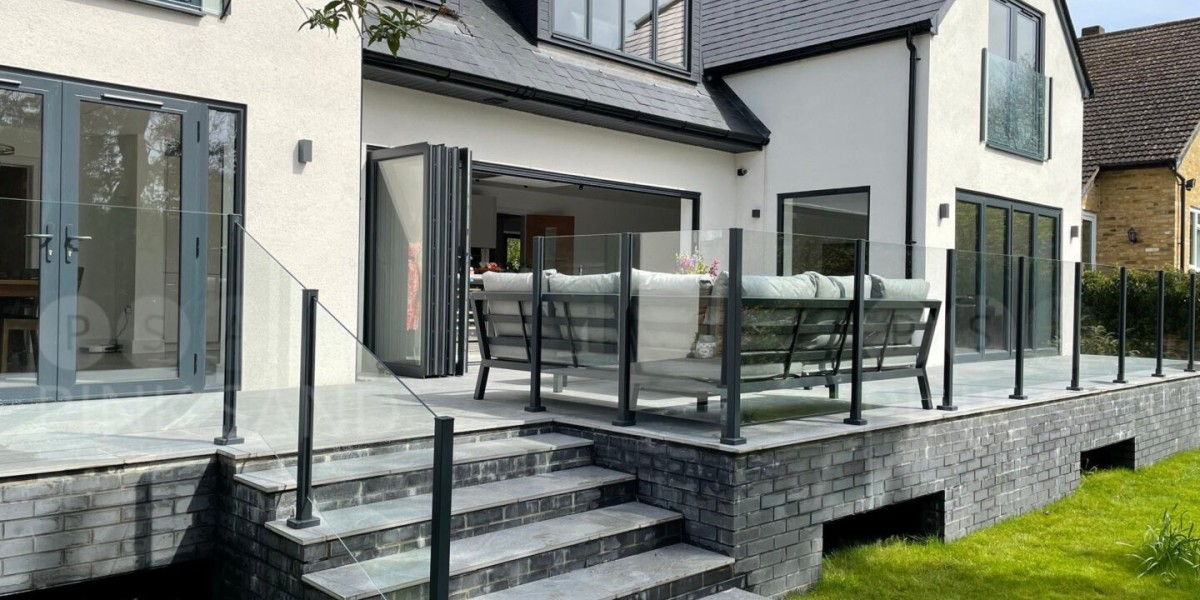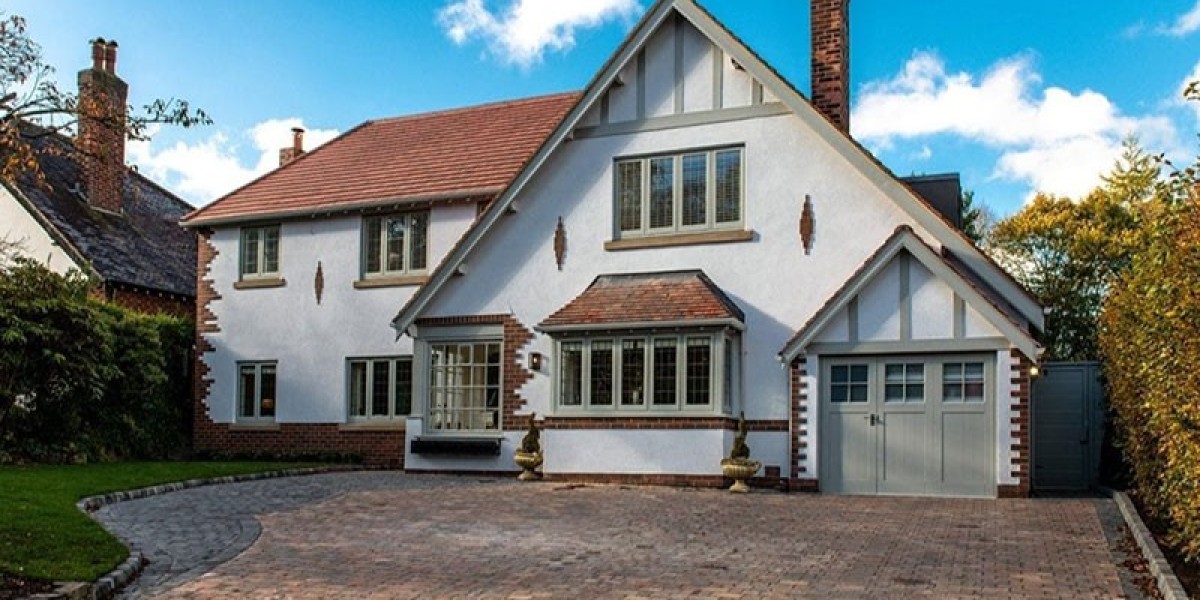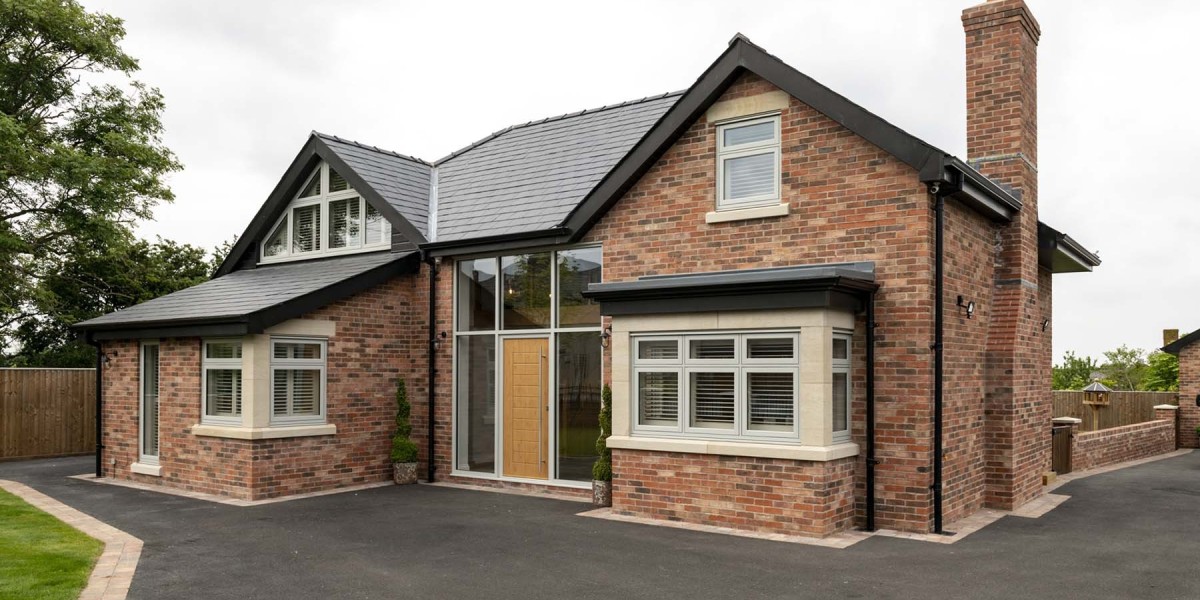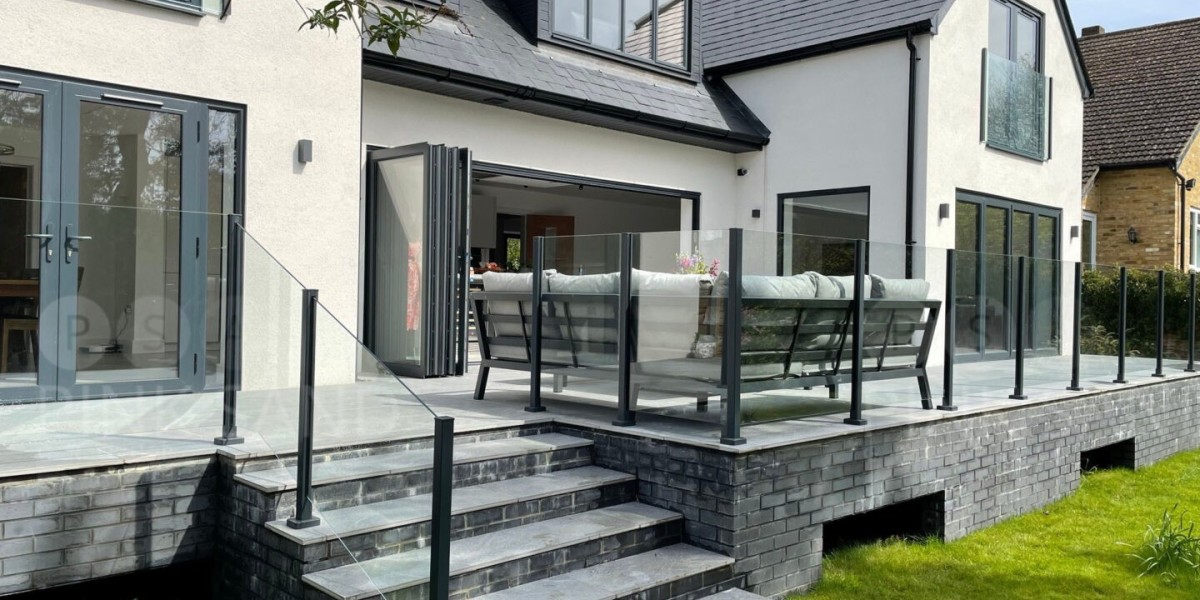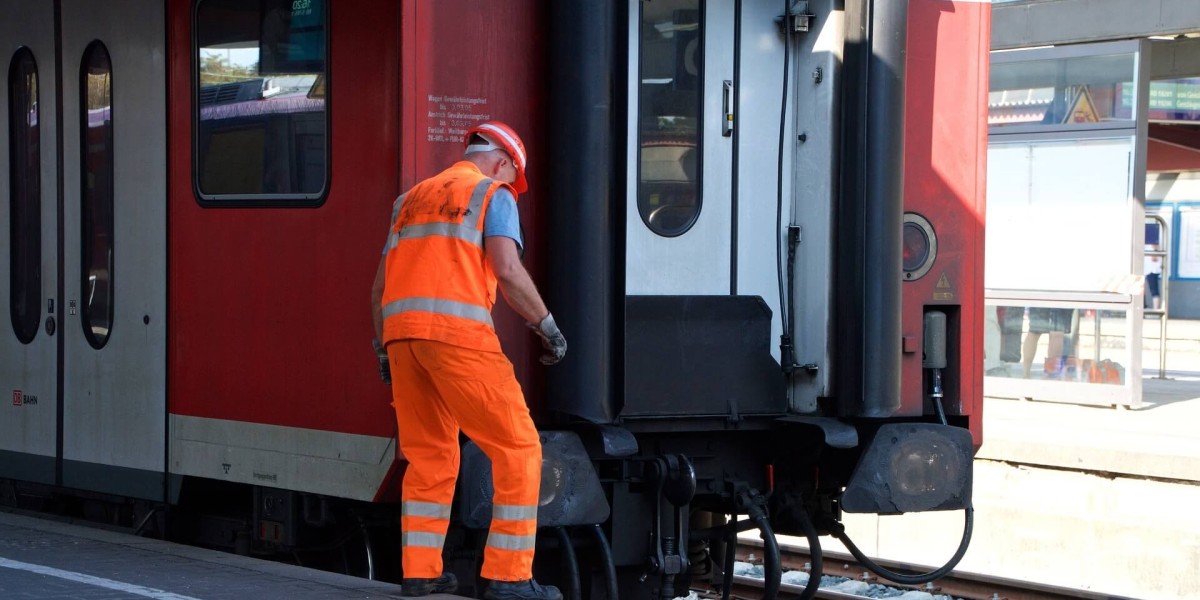
In recent years, the construction industry has seen a significant shift towards the use of materials that offer enhanced performance, durability, and energy efficiency. One such material that has gained immense popularity is unplasticized polyvinyl chloride (UPVC). UPVC windows, in particular, have emerged as a preferred choice for both residential and commercial buildings due to their numerous advantages over traditional materials such as wood and aluminum. This article explores the characteristics, benefits, and applications of UPVC windows, highlighting their role in modern construction.
Understanding UPVC
UPVC is a rigid form of polyvinyl chloride (PVC) that is not mixed with plasticizers, which makes it a more stable and durable material. Unlike regular PVC, UPVC is resistant to environmental degradation, UV rays, and chemical exposure, making it an ideal choice for window frames. UPVC is also lightweight, easy to install, and requires minimal maintenance, which further enhances its appeal in the construction sector.
Key Advantages of UPVC Windows
- Energy Efficiency: One of the most significant advantages of UPVC windows is their energy efficiency. They are designed with multi-chambered frames that trap air, providing excellent insulation. This insulation helps to reduce heat loss in winter and keeps indoor spaces cooler in summer, leading to lower energy bills and a reduced carbon footprint. According to studies, UPVC windows can improve a building's energy efficiency by up to 30%.
- Durability and Longevity: UPVC windows are highly durable and can withstand harsh weather conditions, including heavy rain, strong winds, and extreme temperatures. Unlike wooden frames that can warp, rot, or become infested with pests, UPVC windows maintain their shape and functionality over time. They are also resistant to corrosion, https://psbios.com/window-replacement-in-watford-balancing-aesthetics-and-efficiency making them suitable for coastal areas where saltwater exposure is a concern.
- Low Maintenance: One of the most appealing aspects of UPVC windows is their low maintenance requirements. Unlike wooden windows that need regular painting, staining, or sealing, UPVC windows can be cleaned easily with soap and water. They do not require any additional treatments to maintain their appearance or performance, which saves time and money for homeowners and property managers.
- Sound Insulation: UPVC windows provide excellent sound insulation due to their multi-chambered design and the materials used in their construction. This feature is particularly beneficial in urban areas where noise pollution can be a significant concern. By installing UPVC windows, residents can enjoy a quieter indoor environment, enhancing their overall quality of life.
- Aesthetic Versatility: UPVC windows come in various styles, colors, and finishes, making them suitable for a wide range of architectural designs. Homeowners can choose from traditional, modern, or contemporary styles to match their preferences and the overall aesthetic of their property. Additionally, UPVC windows can be customized with different glazing options, allowing for enhanced thermal performance and visual appeal.
- Cost-Effectiveness: While the initial investment for UPVC windows may be higher than that of some traditional materials, their long-term cost-effectiveness is undeniable. The durability, energy efficiency, and low maintenance requirements of UPVC windows mean that they can save homeowners significant amounts of money over their lifespan. Furthermore, many governments offer incentives for energy-efficient home improvements, which can offset the initial costs.
Applications of UPVC Windows
The versatility of UPVC windows makes them suitable for a wide range of applications in both residential and commercial settings.
- Residential Buildings: UPVC windows are commonly used in homes due to their aesthetic appeal, energy efficiency, and low maintenance. They can be found in various styles, including casement, sliding, and tilt-and-turn windows, allowing homeowners to choose the best fit for their needs. Additionally, UPVC windows can be installed in new builds or retrofitted into existing structures, making them a popular choice for renovations.
- Commercial Properties: In commercial construction, UPVC windows are favored for their durability and performance. They are often used in office buildings, retail spaces, and educational institutions, where energy efficiency and sound insulation are critical. The low maintenance nature of UPVC windows also appeals to property managers looking to reduce long-term operational costs.
- Social Housing: UPVC windows have become a staple in social housing projects due to their cost-effectiveness and energy efficiency. Local authorities and housing associations often choose UPVC windows to provide affordable and sustainable housing solutions for communities. The long lifespan and low maintenance requirements of UPVC windows also align with the goals of sustainable development in social housing.
- Public Buildings: UPVC windows are increasingly being used in public buildings such as hospitals, schools, and government facilities. The energy efficiency and durability of UPVC windows contribute to the overall sustainability of these structures, while their aesthetic versatility allows for integration into various architectural styles.
Conclusion
UPVC windows represent a significant advancement in window technology, providing numerous benefits over traditional materials. Their energy efficiency, durability, low maintenance, sound insulation, aesthetic versatility, and cost-effectiveness make them an ideal choice for modern construction. As the demand for sustainable and energy-efficient buildings continues to grow, the popularity of UPVC windows is likely to increase, further solidifying their place in the future of construction. By choosing UPVC windows, homeowners and builders can contribute to a more sustainable built environment while enjoying the many advantages these innovative products offer.

